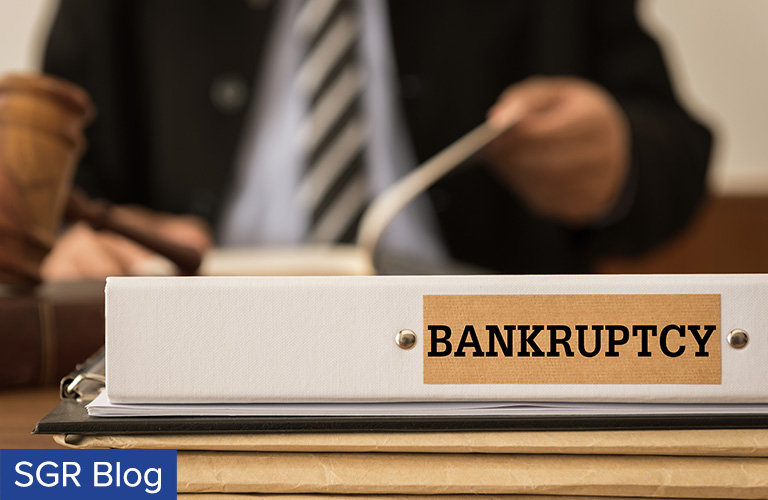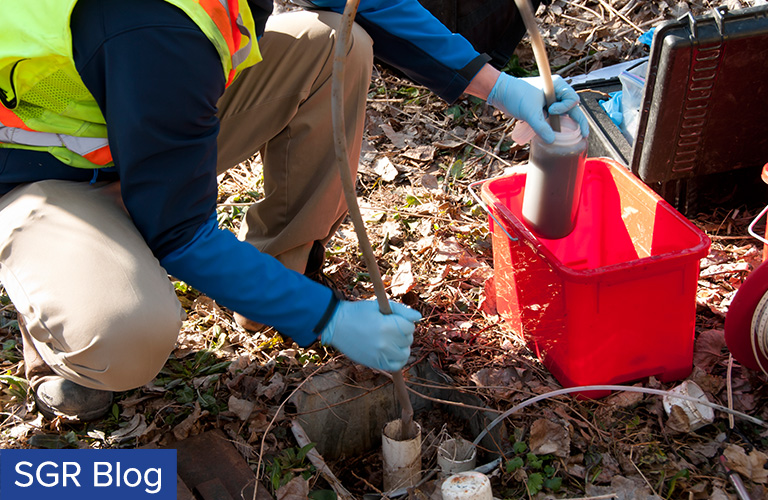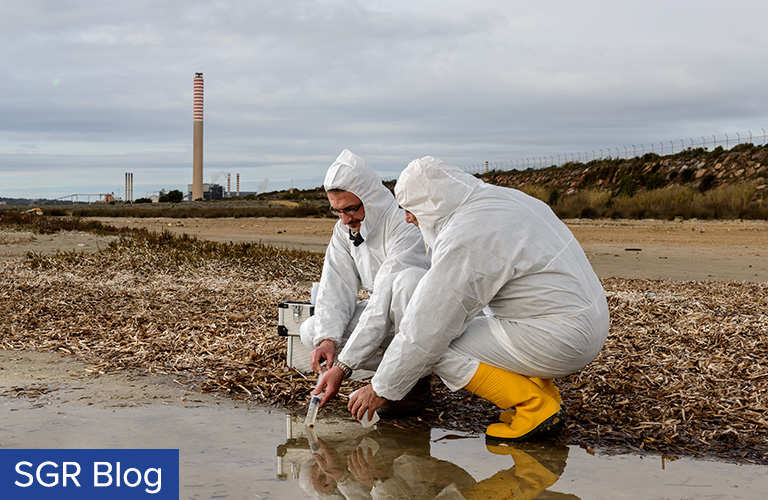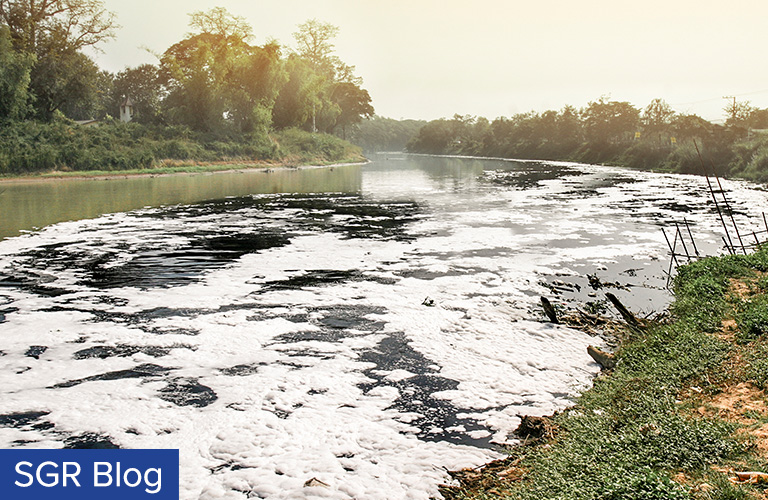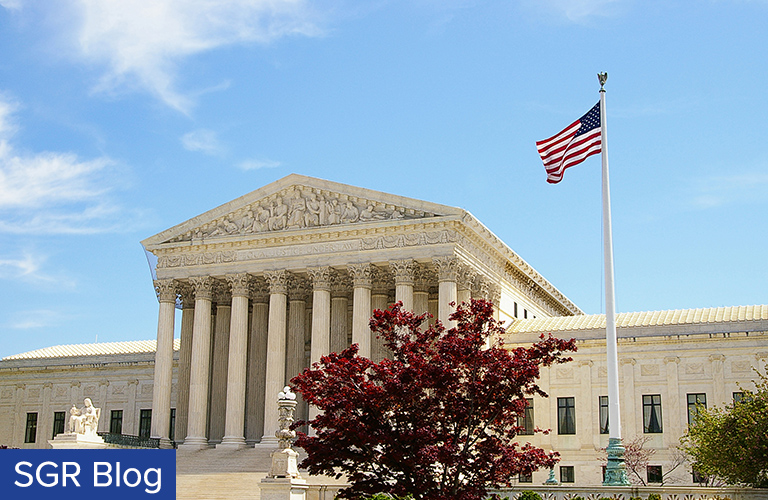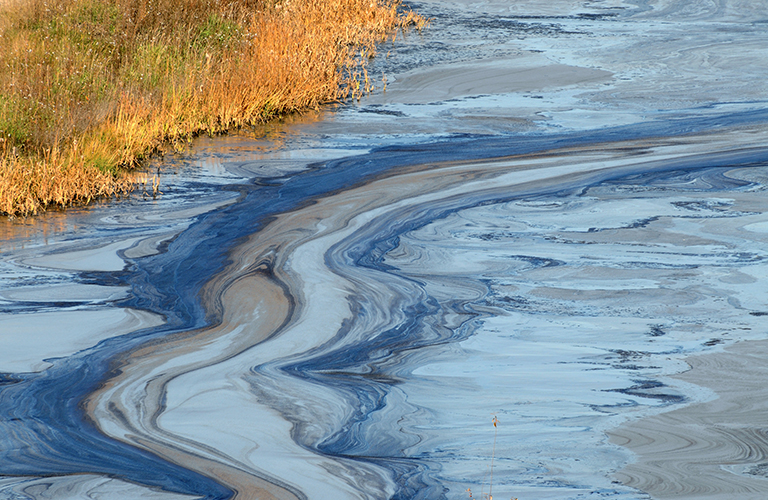
Last week, the U.S. Supreme Court added to its docket a climate change case filed by the City of Baltimore against major oil and gas companies seeking to recover the cost of local climate impacts including flooding and heat waves. Baltimore’s claims, filed in state court under state common law, mirror allegations against the oil and gas industry in lawsuits from state and local governments in California, Colorado, Rhode Island and elsewhere. Defendants in the case are seeking to remove the cases from state court to federal court where they believe the court will be less willing to entertain expansive… Read more


